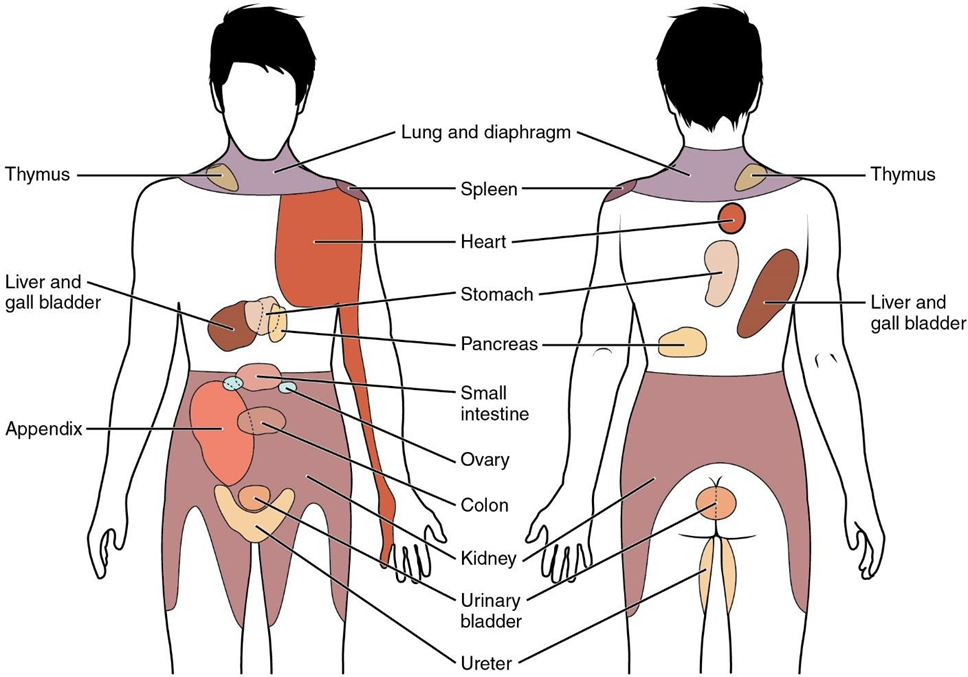A nurse is preparing to administer fresh frozen plasma to a client. Which of the following actions should the nurse take?
Administer the transfusion through a 25-gauge saline lock.
Administer the plasma immediately after thawing.
Transfuse the plasma over 4 hr.
Hold the transfusion if the client is actively bleeding.
The Correct Answer is B
A) Administering the transfusion through a 25-gauge saline lock might not be appropriate as it may cause hemolysis or obstruct the flow of plasma.
B) Administering the plasma immediately after thawing is crucial to ensure the effectiveness of the transfusion and to prevent degradation of the plasma components.
C) Transfusing the plasma over 4 hours is a standard practice, but the priority is administering it promptly after thawing.
D) Holding the transfusion if the client is actively bleeding is inappropriate since the client is losing blood which needs to be replaced. Furthermore, fresh frozen plasma contains clotting factors which are beneficial for a client whose cause of bleeding is clotting factor deficiencies.
Nursing Test Bank
Naxlex Comprehensive Predictor Exams
Related Questions
Correct Answer is A
Explanation
A) This response offers a solution by involving a social worker who can assist the client in exploring financial assistance programs or alternative medication options.
B) While contacting the pharmacy may be helpful, it does not guarantee a solution to the client's financial constraints.
C) Involving the occupational therapist for a home visit is not directly related to addressing the client's inability to afford medication.
D) Instructing the client to ask their provider to prescribe a cheaper medication puts the responsibility solely on the client and may not address the underlying issue effectively.
Correct Answer is B
Explanation
A) Generalized abdominal pain reported by a client with peritonitis indicates visceral pain.
B) Pain in the left shoulder reported by a client with pancreatitis is an example of referred pain, as it occurs at a site distant from the actual pathology.
C) Substernal chest pain reported by a client with angina indicates cardiac pain, not referred pain.
D) Incisional pain reported by a postoperative client is localized and does not indicate referred pain.

Whether you are a student looking to ace your exams or a practicing nurse seeking to enhance your expertise , our nursing education contents will empower you with the confidence and competence to make a difference in the lives of patients and become a respected leader in the healthcare field.
Visit Naxlex, invest in your future and unlock endless possibilities with our unparalleled nursing education contents today
Report Wrong Answer on the Current Question
Do you disagree with the answer? If yes, what is your expected answer? Explain.
Kindly be descriptive with the issue you are facing.
